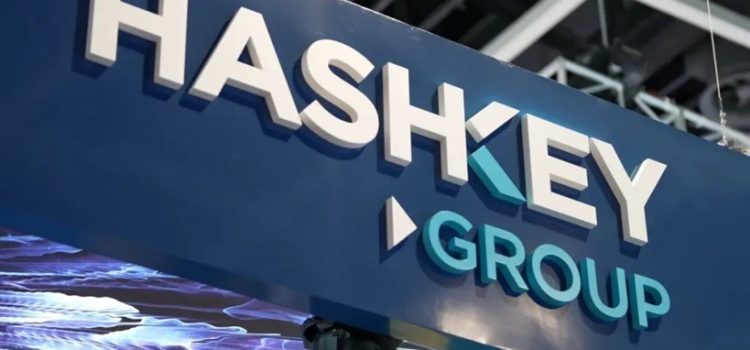
Trust Wallet, a leading self-custody Web3 wallet trusted by over 200 million users, has launched Buy+, a new feature powered by Binance Connect, to simplify crypto access for users worldwide and make onboarding easier for newcomers.
As per the press release, the feature allows anyone to purchase tokens on BNB Chain, Base and Solana using fiat, without needing to own crypto assets, or to understand complex crypto workflows.
Before this improvement, buying a new or trending token often meant a multi-step process, including manual swaps and switching between platforms. For many this was confusing, time-consuming, and carried the risk of mistakes. Now, with Buy+, Trust Wallet simplifies everything into one seamless flow ,making it possible to go from card, Apple/Google Pay and more, to a user’s desired token in just a few taps, all without leaving the app or giving up self-custody.
“The first step to onboard a fiat asset into the desired crypto asset directly is often the hardest. And that’s what we’re improving as part of the effort to bring web2 user experience to web3 tech,” said Eowyn Chen, CEO of Trust Wallet. “When people discover a good crypto asset, they want to be able to buy it quickly, securely, and easily. Increasingly, these assets are not the major coins but rather smaller, trending tokens. So, we seamlessly integrate fiat onboarding with on-chain crypto swapping with the fewest steps. With this new capability, we’re giving users a simpler, safer, and smarter way to get their desired tokens —without compromising on self-custody or experience.”
Buy+ works by intelligently routing transactions based on token availability. If a token is directly supported by Binance Connect, the purchase is completed in one seamless fiat-to-crypto flow. If not, the feature automatically facilitates a two-step process — first acquiring the required native token and then swapping it within the Trust Wallet app — all while maintaining full self-custody and minimizing complexity for the user.
This feature pairs Binance Connect’s fiat-to-crypto infrastructure with Trust Wallet’s smart routing and swap capabilities to deliver a uniquely seamless experience that balances speed, flexibility, and full ownership.
“At Binance, we’re focused on breaking down barriers to crypto adoption, and the launch of the Buy+ feature in Trust Wallet — powered by Binance Connect — is a major step in that direction,” said Thomas Gregory, Vice President of Fiat at Binance. “By removing the complexity of chains, swaps, and token transfers, we’re giving users — especially those new to crypto — a faster, simpler way to access the tokens and communities they care about. Binance Connect is proud to power this experience and enable our partners to deliver seamless fiat-to-crypto journeys.”
Other blockchain networks will be supported in the future as Binance Connect expands access to Web3 tokens.
The feature however is currently not available in the UK, US, Canada, Nigeria, Netherlands, Russia, Belarus, Cape Verde, Cuba, Syria and Iran. This communication is not intended for audiences within the United Kingdom. If you are accessing this content from within the United Kingdom, please exit immediately.
—

















